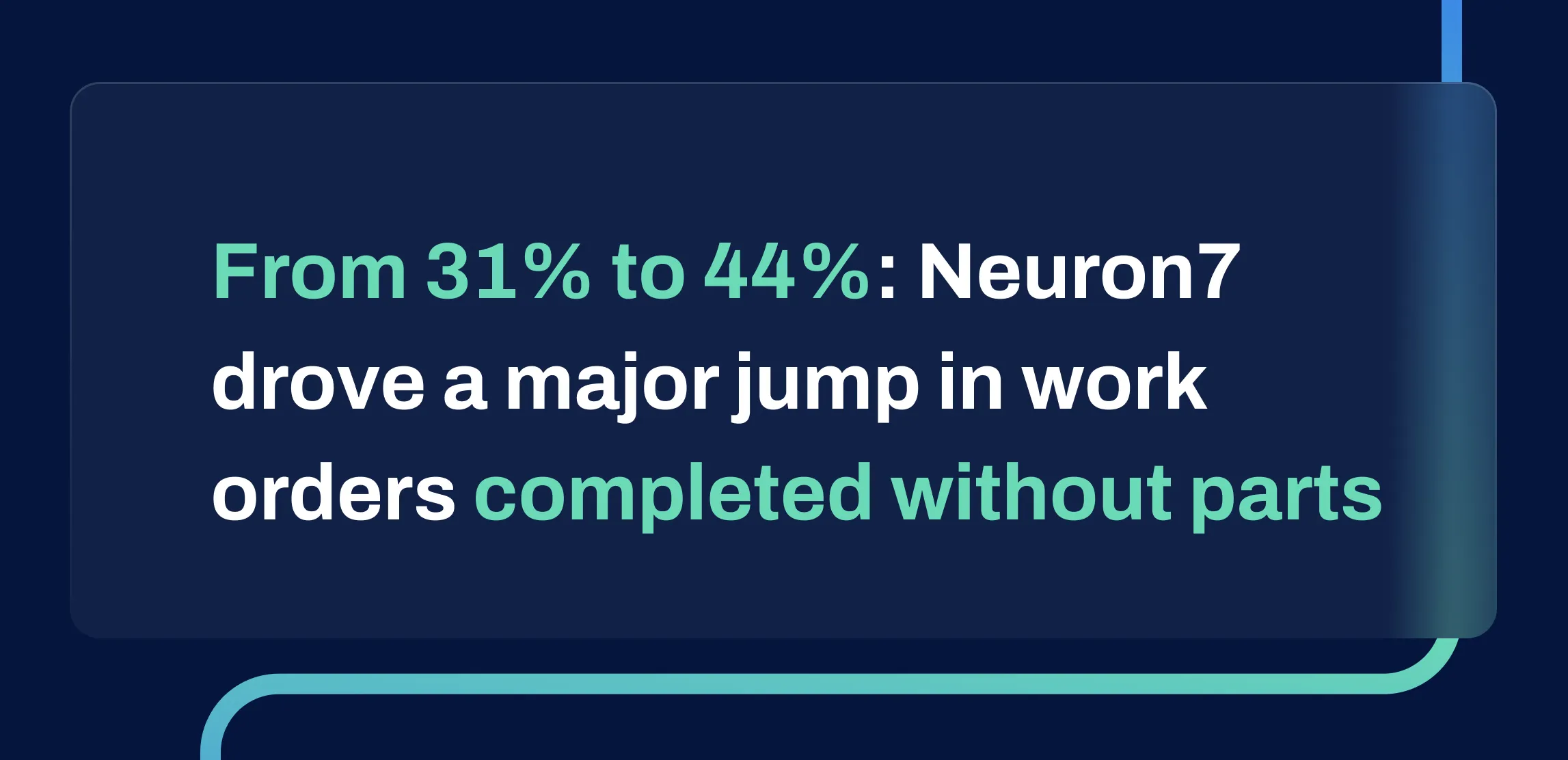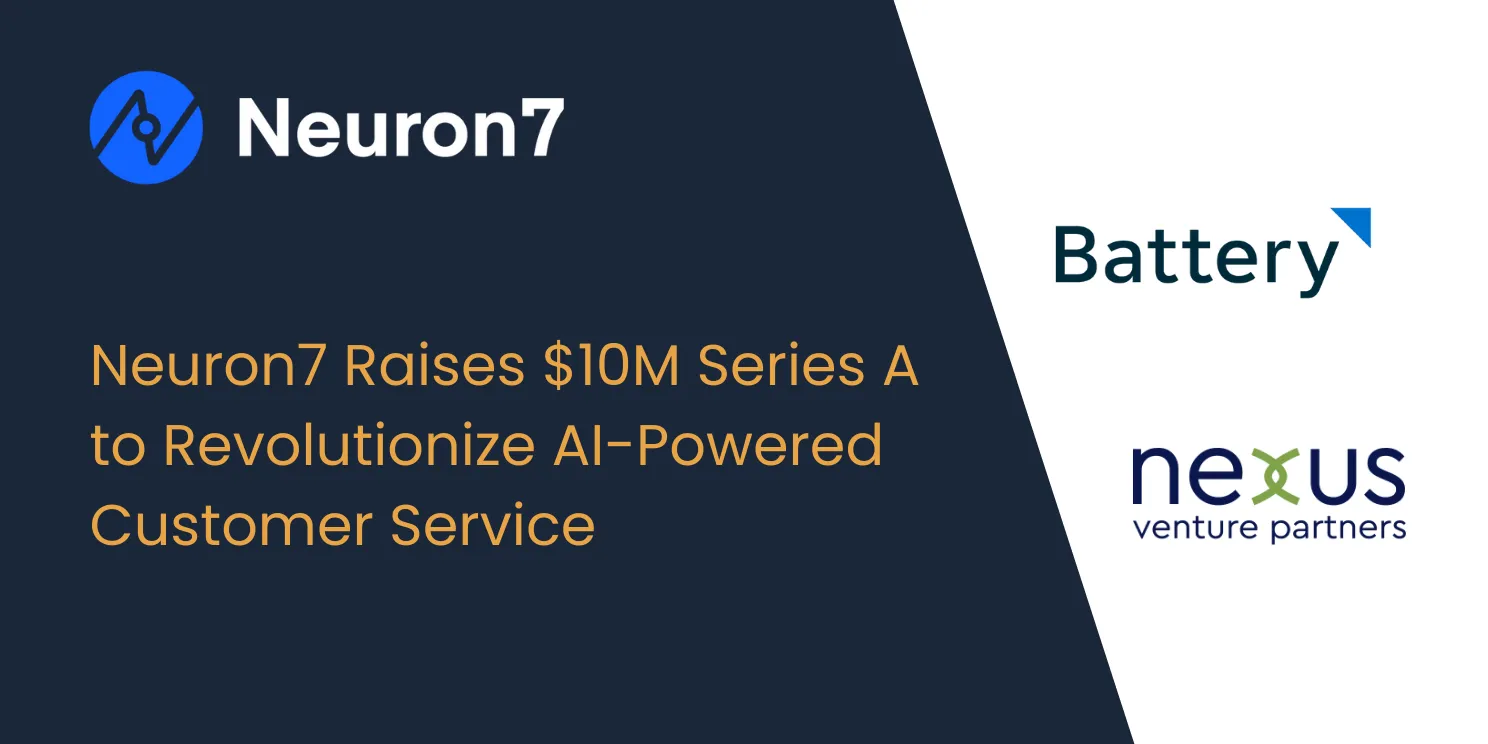How Parts Shotgunning and Tariffs are Draining Service Supply Chains

How Parts Shotgunning and Tariffs are Draining Service Supply Chains
The latest wave of U.S. tariffs has sent shockwaves through global supply chains, leaving service operations grappling with new levels of complexity and cost. While procurement and inventory teams are racing to adapt, the rising toll of parts shotgunning is becoming harder to justify in today's high-stakes environment.
When technicians replace components “just in case,” without clear diagnostics, the consequences are more than operational. They are financial and environmental. And with 35% of replacement parts later found to be perfectly functional¹, the time has come to rethink how we solve service issues.
The Pressure Cooker: Tariffs Meet Service Supply Chain Blind Spots
Tariffs are intensifying pressure on service supply chains across manufacturing, telecom, and medical device industries.
Service leaders are also facing a persistent visibility gap. In fact, 43% cite poor visibility into available parts as their top challenge³. When parts availability shrinks, the margin for error disappears.
- In telecom, 14% of active sites require parts support at any given time⁴.
- Medical device organizations spend 1.66% to 4.69% of their inventory cost on spare parts.
With tariffs driving up the price of key components, the stakes have changed. Every misdiagnosed issue now hits harder.

Shotgunning: When Speed Overrules Smarts
Parts shotgunning, or replacing multiple components in hopes one solves the problem, has become a go-to move for field teams under pressure. But it’s not a strategy. It’s a gamble.
Technicians often face unfamiliar equipment, fragmented knowledge bases, and limited access to prior resolutions. So, they make the best call they can with limited intel. The result is high-cost replacements for low-cost issues, such as firmware resets or minor cable faults.
Worse, most tools can’t connect today’s problem to yesterday’s fix. Valuable insights get buried, leading to repeated mistakes and bloated inventories. This isn’t just inefficiency. It’s avoidable downtime, extra truck rolls, and growing customer frustration.
Guess Less, Fix More: From Shotgunning to Smart Fixes
Progressive service organizations are moving from reactive part swaps to proactive resolution intelligence. Platforms like Neuron7 provide AI-powered guidance help teams solve issues with precision, not panic.
These organizations are transforming their service operations with:
- Turn-by-turn diagnostics based on equipment type and resolution insights to minimize parts usage and improve first-time fix rates.
- Predictive maintenance to surface next likely issues, address while on-site, decrease chance of downtime event, and avoid part shotgunning scenarios.
- Real-time success visibility showing which parts resolved similar problems across the globe.
- Embedded resolution tools built into technician workflows, mobile-ready and multilingual
- Integrated service design workflows that facilitate closed loop feedback with R&D to identify component failures and improve future designs.
The Next Era: Resolution Intelligence is the Future of Service
With these tools, teams move faster and smarter, cutting waste without cutting corners.

One Neuron7 customer was able to improve the number of work orders that didn’t require parts from 31% to 44%, a significant savings while maintaining high levels of customer satisfaction.
This is how smart service gets done. No trial and error required.
The New Standard: Resilient, Smarter Service
Tariffs are reshaping global supply chains. If your service operation still relies on shotgunning, you’re not just losing efficiency; you’re leaving resilience on the table.
Resolution intelligence isn’t just a cost-saving tool. It’s a strategic asset that helps organizations weather volatility, reduce waste, and deliver better outcomes. In today’s environment, the smart fix isn’t optional. It’s imperative.
Build Your AI Strategy
Start building your AI roadmap now. Visit the AI Strategy Resource Center to book a consulting call with one of our experts today.



